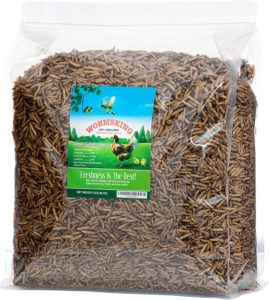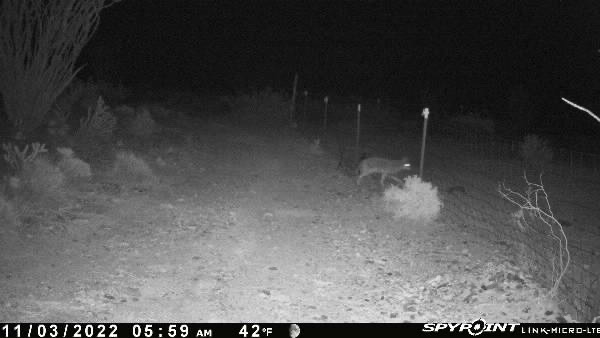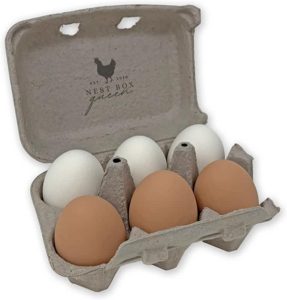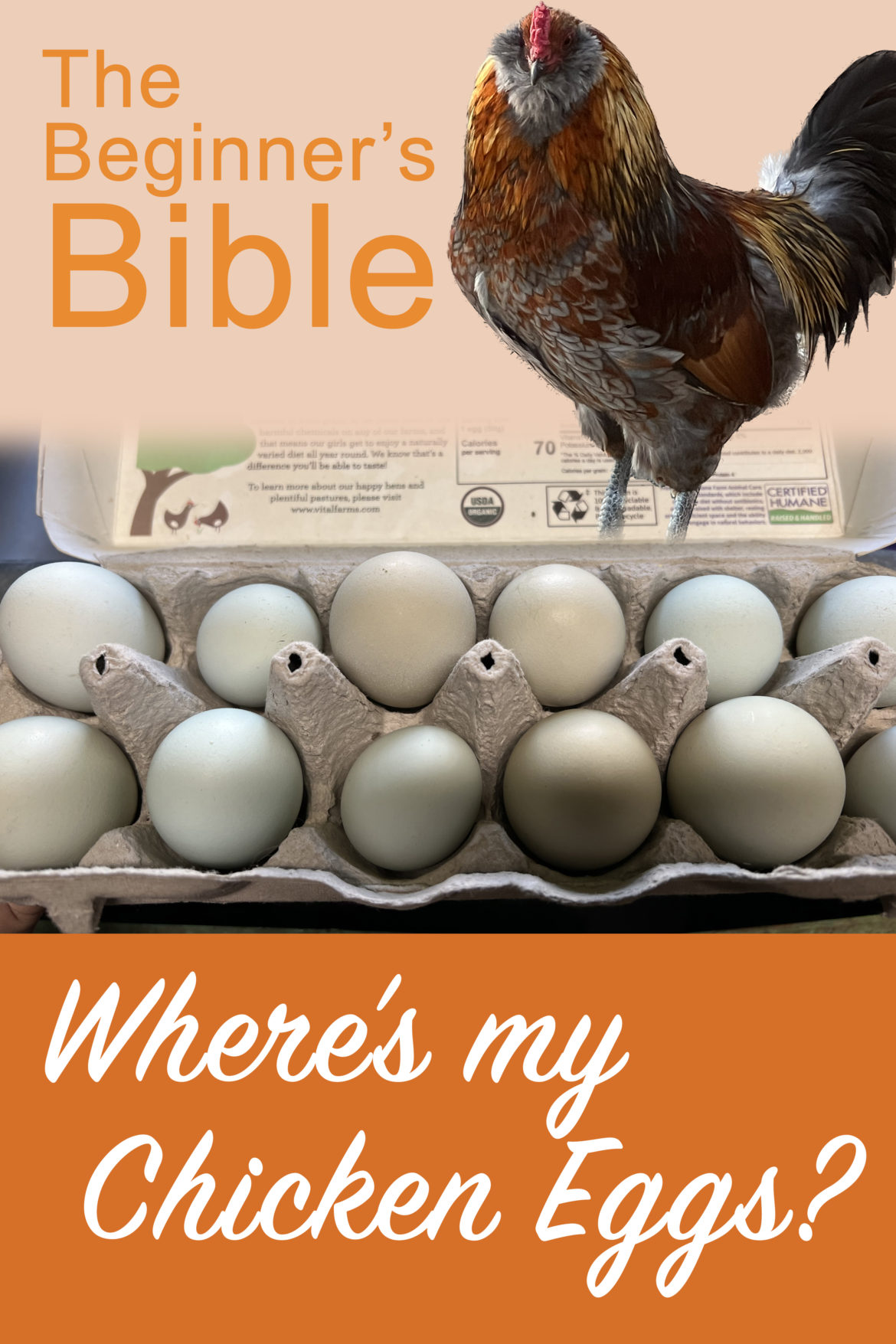The whole point of having chickens is to supply your family with chicken eggs, so here’s what you should check when your hens suddenly stop laying…
This post contains affiliate links. To view our affiliate policies, click here.
This fall/winter my hens stopped laying COMPLETELY. It was pitiful. We kept telling them they needed to find their inner motivation. I actually had to buy eggs from the store (the shame)! Finally, AFTER 3 MONTHS, I took the advice of a friend on changing their diet and worming them and we started getting chicken eggs again! Here’s some things to keep in mind:

The Secrets to Chicken Egg Production
Nutrition

Chickens need a diet that is high in protein (at least 20 grams of protein each per day to lay eggs) but more in the winter when they are working overtime to keep warm. There’s been a popular movement lately to mix your own chicken scratch, which is fine and dandy, but make sure you’re meeting the protein needs. Oats, pumpkin seeds, black oil sunflower seeds and mealworms can make a great supplement.
Chickens also need calcium. Usually calcium is supplemented with feeding oyster shells. Without enough calcium, hens may be tempted to become egg-eaters. More on this later…
Chickens must have fresh, clean water. No water, no eggs. Make sure your chicken water is staying clean and clear.
Parasites

Earth on Amazon!
This was something my flock was struggling with. We took in a few birds last year that we discovered later had mites. Mites can kill chickens by persistently draining them of blood and making them anemic. We tried an expensive mite spray, but they just kept coming back. I had tried to make a chicken “bath” area with diatomaceous earth (DE), but my stubborn chickens didn’t use it.
Finally, I started rubbing DE on my chickens by hand, avoiding the face and eyes. That seemed to do the trick. Diatomaceous earth kills insects and parasites. I also started adding DE to the chicken feeder with their other food. It treats intestinal worms naturally without chemicals so we like that.
MoltiNG
Chickens have an annual period of molting when they lose their feathers and grow new ones. They also stop laying eggs during this period. Chickens need high protein to grow their new feathers quickly and start laying eggs again. Feathers are made of 80-85 percent protein, whereas eggshells are primarily calcium.
When you notice your chickens losing feathers, switch to a complete feed with 20% protein, probiotics, prebiotics and key vitamins and minerals. A high-protein complete feed can help hens get to the business of egg laying sooner.
Environment
Shorter days, colder days, less eggs. But you should still get an occasional egg. Winter is a natural rest period for your hens. You can help them produce more if their coop is warm in the winter and has an artificial light for at least a few extra hours of daylight per day. We don’t use a light in the coop, but we have heard it works.
Safety

coyotes have come through our property fence!
If you’ve had predators sniffing around your flock, kiss your eggs goodbye. Stress will make hens stop producing. We had a coyote problem back in October and lost quite a few birds to the scoundrels. Finally, we put up a large LED floodlight that made the coyotes leery to try sneaking in when our dogs could see them.
Broody Hens
Some hens will be broody-er than others, but usually not all of them at the same time. Broody hens will start preparing to hatch a nest of eggs by claiming one of the nest boxes and staying on it NO MATTER WHAT.
If you want your hen to hatch chicks, that’s great! Give her some fertile eggs and watch to see if she stays on her nest. Broody hens will only get off their eggs for a short time for food and water and then they are right back on it.
However, if you want to get a broody hen producing chicken eggs again, you’ve got to discourage her from sitting a nest. Take eggs away right away. Shoo her back to her perch at night.
Hens Hiding or Eating Their Eggs

My hens are free range and like to sneak away and find creative places to hide their eggs. I watch them in the morning when they’re getting ready to lay their eggs for the day and I follow the ones who are straying outside the usual places. I also keep an ear open to those tell-tale cackles when one has laid an egg and her location when she starts calling.
I have one hen that I really like, but I strongly suspect that she eats other hens’ eggs from time to time. The tell-tale clues are the fresh egg yolk remnants left in some of the laying boxes and a significant decrease in the eggs being collected each day. Once a hen starts eating chicken eggs its hard to stop them. Some people claim that you can break them of the habit, but I’ve never had luck with that. Supplementing calcium such as oyster shells is one helpful option to keep them from discovering the bad habit. The best solution is to have a slightly sloped nest box so eggs can roll to a protected collection area. Once they are laid, other hens aren’t able to access them in any way.
I have ceramic eggs in the nest boxes to train my hens where to lay and also discourage egg peckers. It also helps to have nest boxes that are somewhat dark and comfy. You can make screens that hang down and cover your nest boxes more so hens get that feeling of security they like when they’re laying their eggs. Happy hens = more eggs!
Good luck and watch your birds to know what is affecting your flock!
Enjoying this blog post? Check my other posts here! Also, make sure to subscribe so you never miss out on news from The Far Out Farm!
